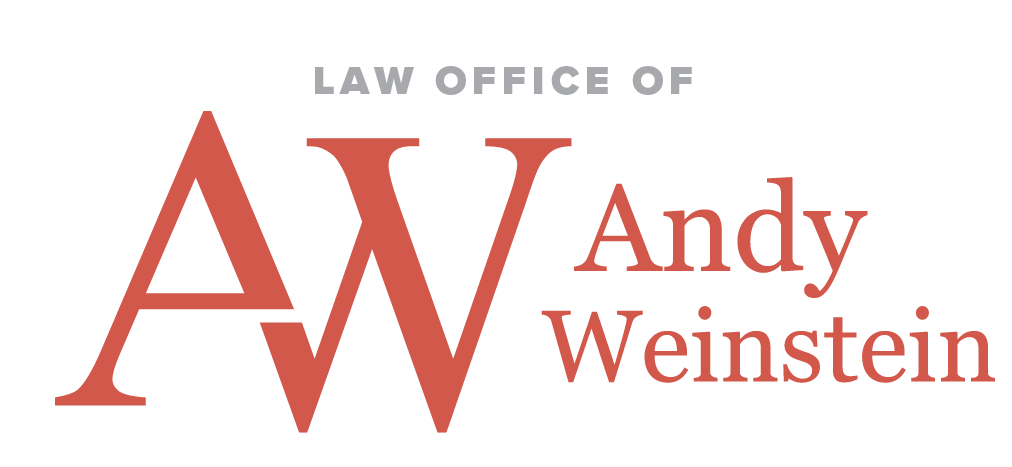Most people who are prosecuted for alleged crimes in New York and New Jersey face charges under state law. For certain crimes, they may face federal charges. But whatever court they are in, and whatever the exact charges may be, the U.S. Constitution provides them with certain rights and protections.
One of the most important of these criminal defense protections is known as the exclusionary rule. This rule comes from decisions over the centuries in which courts ruled that evidence that was obtained illegally can not be used against a defendant. It must be excluded from trial.
Springing from the exclusionary rule is a related concept known as the “fruit of the poisonous tree” doctrine.
A network of protections
To explain this colorfully named doctrine, we must first understand the origins of the exclusionary rule.
Courts found the exclusionary rule was demanded by other protections in the U.S. Constitution. For instance, the Fourth Amendment prohibits unreasonable search and seizure, but sometimes the police do overstep their authority. What can a defendant do after the fact if their rights have been violated? The exclusionary rule provides that if the police violated the defendant’s rights when they arrested and searched the defendant, the court must suppress, or exclude, this evidence from trial.
The “fruit of the poisonous tree” doctrine takes this protection further. Under this doctrine, not only is the illegally acquired evidence excluded, but so too must any evidence derived from that evidence. The “tree” itself was poisonous, and so any “fruit” from the tree must be considered poisonous as well. The court decision that named the doctrine involved information acquired through illegal wiretaps. Because the wiretaps themselves were not legal, the court ruled that prosecutors could not use any of the information they gathered through the wiretaps.
Exceptions
For better and worse, the exclusionary rule and the “fruit of the poisonous tree” doctrine have exceptions. Prosecutors can sometimes convince courts to apply one of these exceptions even in some pretty extraordinary cases.
Those who are accused of crimes can speak with an experienced attorney about building a defense strategy and protecting their constitutional rights.

